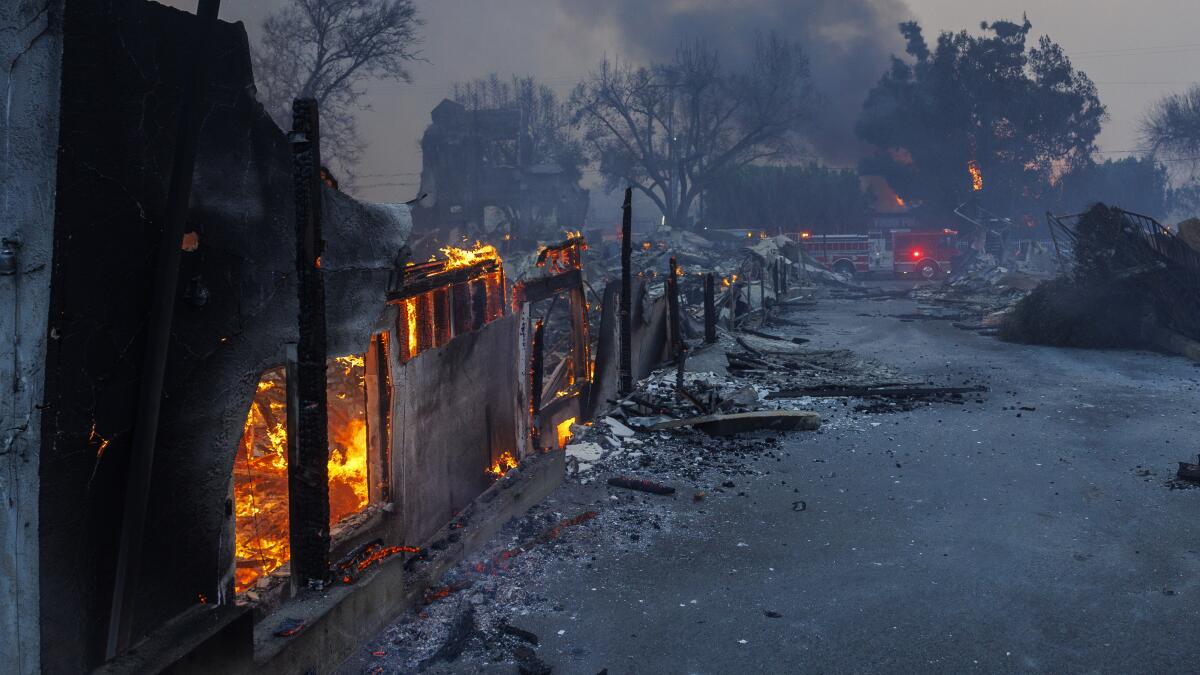Hometown Heroes: SoCal Businesses Rally with Millions to Heal Wildfire Wounds

In the wake of the devastating Eaton and Palisades wildfires, local and regional businesses have stepped up with remarkable generosity, pledging millions of dollars to support the affected communities. These corporate donations represent a powerful wave of solidarity, offering hope and critical financial assistance to residents struggling to rebuild their lives after the catastrophic blazes.
Major companies with deep roots in the region have quickly mobilized their resources, demonstrating a commitment that goes beyond mere corporate responsibility. Their substantial financial contributions are providing much-needed relief to families who have lost homes, businesses, and cherished possective belongings in these destructive wildfires.
The outpouring of corporate support highlights the resilience and compassion of the business community during times of unprecedented challenge. These donations will play a crucial role in helping local communities recover, rebuild, and ultimately heal from the profound impact of these natural disasters.

